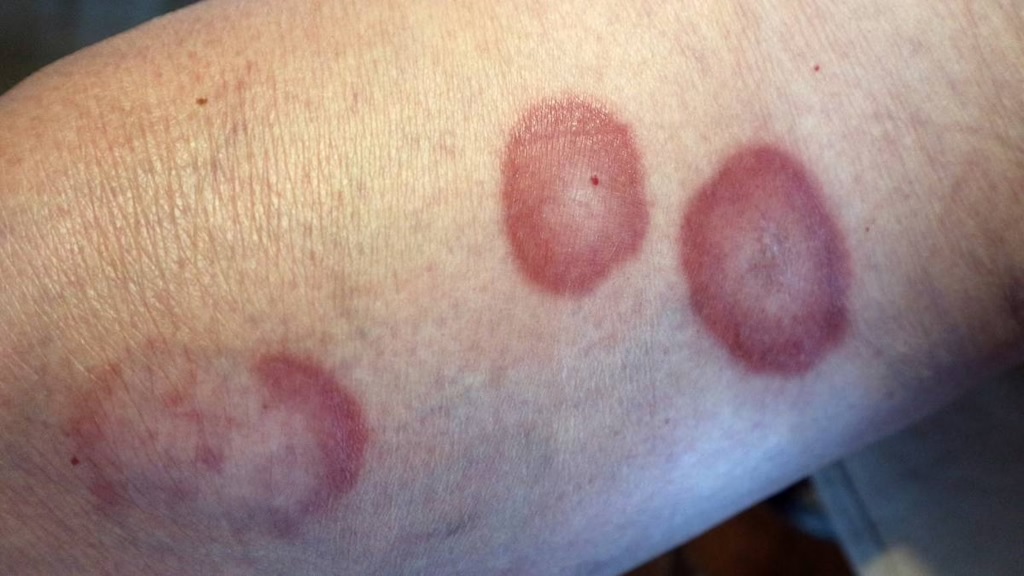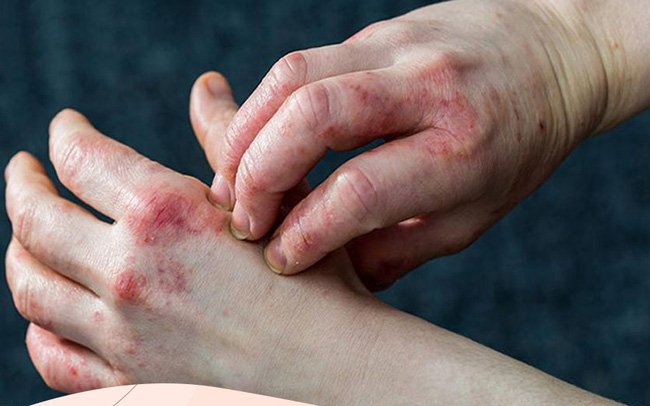Dhealthwellness.com – Among the many problems associated with diabetes, there are also some skin problems that may lead to infection and discomfort. These include Acanthosis nigricans, bacterial infections, and Granuloma annulare. The following article will discuss some of these common problems.
Bacterial Infections can Attack and be Treated with Antibiotics
Various types of bacterial infections can affect patients with diabetes. Among them, the most common ones include impetigo, cellulitis, folliculitis, furuncles, and skin abscesses. These infections are commonly treated with antibiotics. However, in addition to adherence to prescribed therapy, the treatment should also involve proper antibiotic selection.
Acute bacterial skin and skin structures infections (ABSSSSI) are a group of severe bacterial skin infections that cause significant morbidity and health care costs. They are associated with a high mortality rate and poor quality of life. The presence of diabetes complications complicates the management of abscesses. The epidemiology of ABSSSIs in patients with diabetes is still unclear. Although the etiology of the disease in diabetics may be different from the etiology in non-diabetics, the association between diabetes and infection has been recognized.

acanthosis nigricans is a skin problem that is sometimes linked to other medical conditions. This skin disorder is caused by high levels of insulin in the body, and is associated with metabolic disorders. The condition causes dark patches of velvety skin. It is common in people with obesity and diabetes. Some medical conditions that can cause acanthosis nigricans include a pituitary tumor, scleroderma, diabetes, and cancer. Medications, such as oral contraceptives and systemic glucocorticoids, can also cause the disease.
Symptoms of Granuloma Annulare Include Small Hard Lumps
The condition is usually not harmful, but can be a sign of a serious health problem. If you notice dark patches on your skin, you should consult with a physician to determine the cause. If there is an underlying medical problem, treating it will often help your skin problem disappear. Generally, granuloma annulare is a benign granulomatous disease that occurs on the skin. It usually affects children and young adults, but it may occur in older people. The symptoms of granuloma annulare include small firm bumps, which form rings on the skin. It can also form lumps or patches on the skin. It is not contagious.
Some individuals may develop granuloma annulare after having exposure to sunlight, minor skin injuries, or drugs that trigger a skin reaction. Other individuals may develop granuloma after having an infection or a bacterial or viral infection. Occasionally, granuloma annulare may be associated with autoimmune disorders. Other conditions that are associated with granuloma annulare include herpes zoster, sarcoidosis, and systemic lupus erythematosus. Granuloma annulare can be triggered by a variety of conditions, including infection, trauma, or allergies. It may respond to treatment with topical steroids, liquid nitrogen, or a drug called tacrolimus.

Among the first signs of diabetes is dry skin. Itchy, cracked skin is often caused by high blood glucose levels, poor circulation, and damaged blood vessels. It’s also common in people with prediabetes. If you don’t treat the problem, it can lead to serious complications. The kidneys and liver are important for maintaining moisture in the skin. However, there’s not a lot of information about the relationship between these two organs and diabetic dry skin. It’s important to monitor your blood sugar and follow your healthcare provider’s plan for keeping it in check.
Having Diabetes can Increase the Chances of Developing Skin Problems
It’s important to moisturize the skin regularly. If you have dry skin, you may want to invest in a moisturizing lotion that’s free of harsh chemicals. You can use aloe vera gel to help heal dry, cracked skin. Having diabetes can increase the chances of developing skin problems. These skin problems may not be painful, but can cause itching. They can also be signs of serious complications. Identifying and treating them early will help to prevent complications.

Dry, itchy skin can be caused by poor blood circulation. Inadequate blood flow can affect collagen and other parts of the skin, making healing difficult. Using lotions and moisturizers can help keep the skin soft and moist. Itching can be caused by bacterial and fungal infections. These types of infections can occur anywhere on the body. Fortunately, most of these types of infections can be treated. They are typically caused by yeast-like fungus, such as Candida albicans. If you suspect that you have an infection, you should call your doctor to get an appointment.
Reference :
